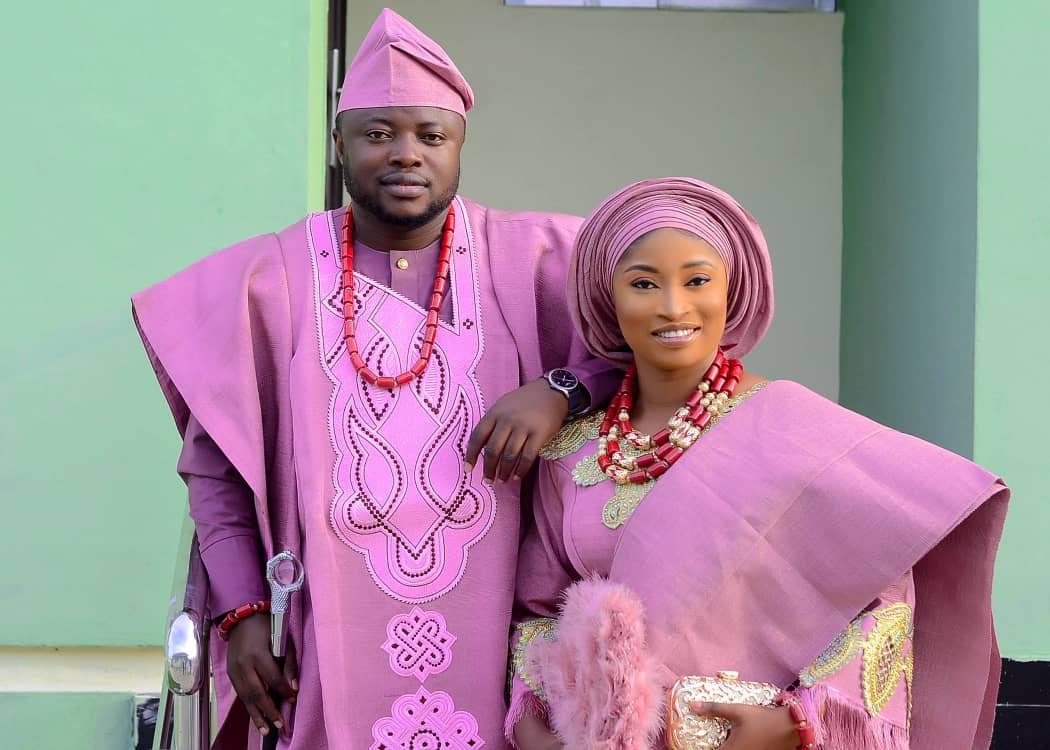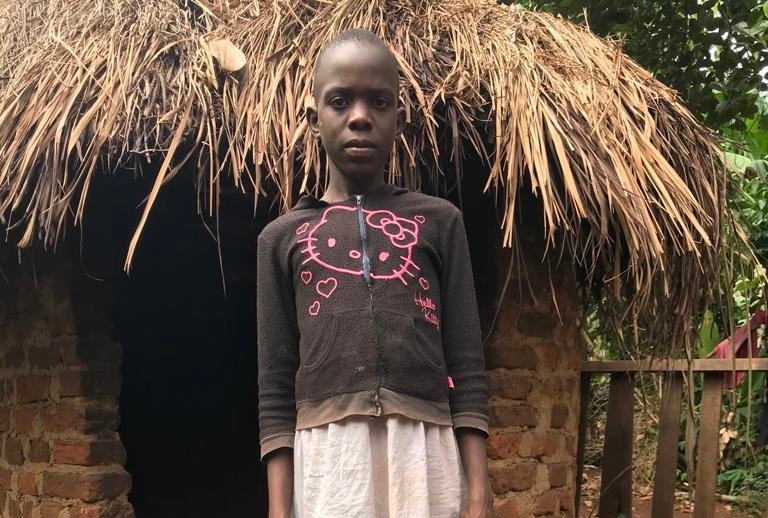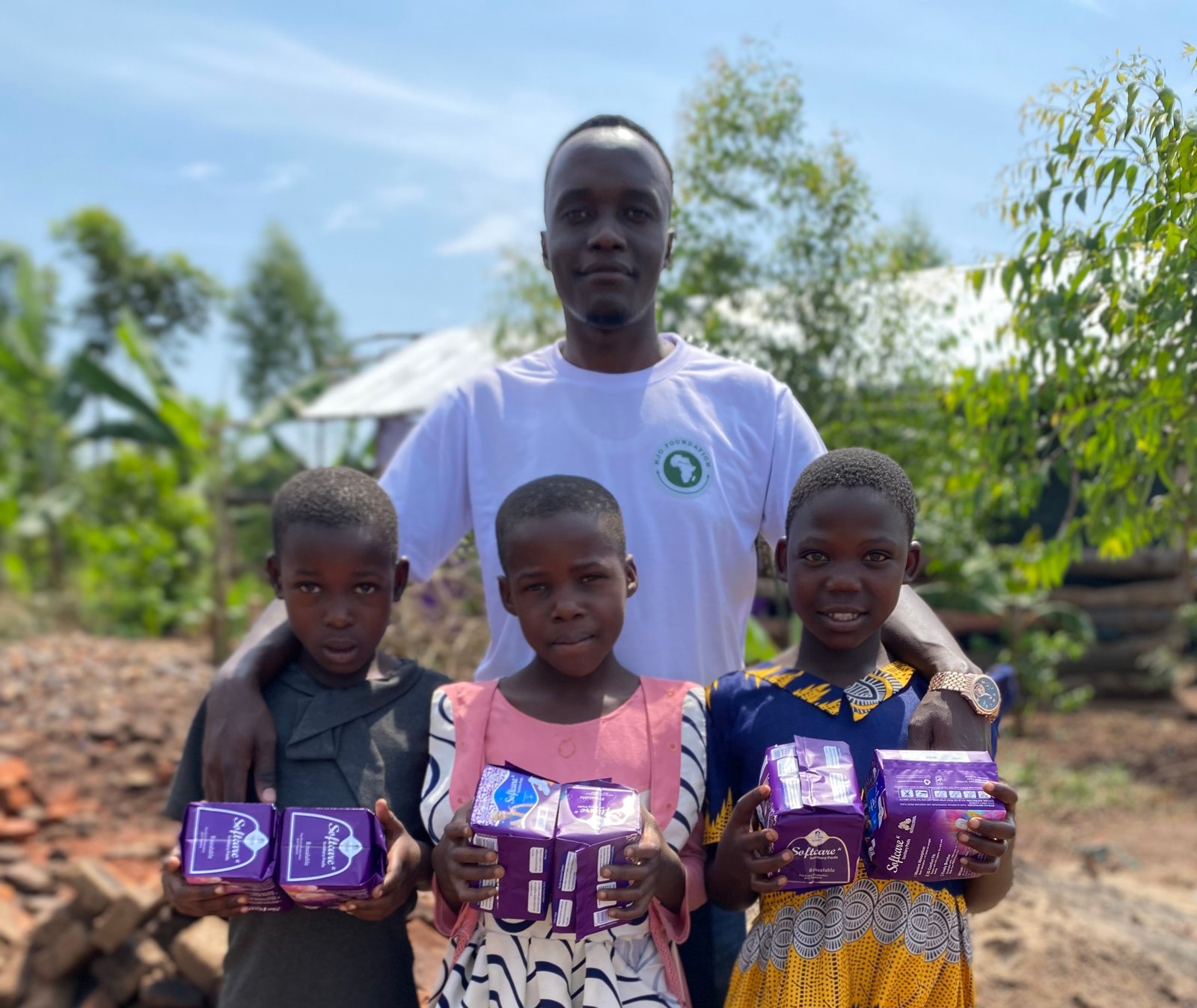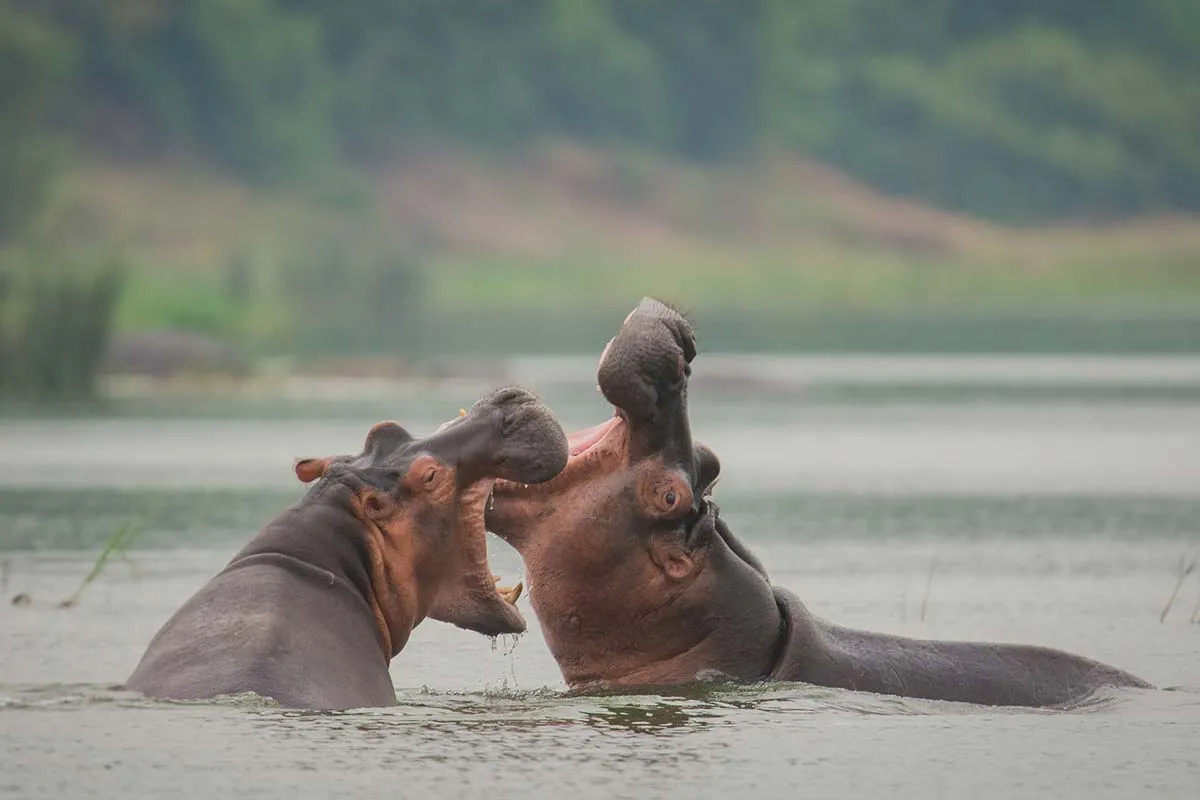
Learning from Yoruba Community in 21st Century: A Gender-Neutral and Children-Supportive Tribe
I bet you haven’t watched the African movies “Bridge” and “Merry men,” but this article will give you reasons to watch them. Yoruba is one of the biggest ethnic groupings in Nigeria, the people are renowned for their vibrant culture, ingrained customs and communal way of life. The Yoruba proverb “Omoluabi” highlights the importance of good character, respect and responsibility in raising children. Yoruba people's colourful festivals, customs and language which you can find in movies like the “Bridge” and “Merry men,” but what really stands out about them is how progressive they are when it comes to gender roles and child protection. Despite living in a traditional society the Yoruba people, have long upheld ideals that advance child care and gender parity, providing valuable insights into the contemporary world.
In Yoruba society, the concept of “Omoluabi” is instilled in every child from an early age, emphasizing respect, kindness and self-discipline. This principle reflects the communal nature of child-rearing among the Yoruba, where the upbringing of children is considered the responsibility of the entire community, not just the biological parents. The Yoruba system serves as a reminder that cooperation and inclusivity—which go beyond gender-based boundaries—are the foundations of societal prosperity. Leadership and social roles have always been divided between men and women in Yoruba society. Women have traditionally held roles of leadership among the Yoruba, in contrast to many patriarchal communities. The most powerful and important lady in Yoruba society, known as the "Iyalode", is one such example. She plays the position of advisor in community matters, especially those concerning women and children. To maintain the welfare of the community, men and women frequently collaborate and women have long been permitted to own land, carry out commerce and take part in decision-making. These customs provide a sharp contrast to many societies where women are prohibited from participating in public life due to tightly established gender roles. Within this framework, elders, neighbours and extended family members actively assist in directing, guarding and mentoring young people. This method guarantees that kids grow up in a nurturing atmosphere with solid moral values. Children raised in such a system are taught to respect others, take advice from their elders and make valuable contributions to society.

Moreover, this community has always shown flexibility in gender roles within the family including home obligations and tasks, Yoruba culture exhibits a noticeable degree of flexibility in many of their houses. Men are not considered to be the only providers of income and women are not limited to taking care of the home and raising children. Instead, depending on capacity and necessity, roles frequently overlap. This adaptability makes it possible for both sexes to share chores in a way that strengthens and enhances the household. In light of the fact that civilisations all over the world are still challenging the constraints of traditional gender roles, this balance within family dynamics is particularly important today. The Yoruba example demonstrates how a balanced distribution of household chores promotes unity and deepens family ties. The respect that is shown for elders and the knowledge they impart to the community is another important lesson from Yoruba culture. Elders are essential to preserving cultural continuity and transmitting significant ideals, including Omoluabi's tenets. Their engagement with the next generation fosters a sense of wisdom, respect and cultural preservation that is essential to the well-being of society.
The modern world learns the value of equitable gender representation from Yoruba society. We can establish more equitable and balanced societies where all opinions are heard by providing equal chances for men and women to hold leadership and social positions. The Yoruba emphasis on shared obligations within families is something that modern society can learn from. In addition to advancing gender equality, the dismantling of conventional gender roles in favor of a more egalitarian framework also strengthens families. Yoruba communal childrearing is a potent reminder of the value of community involvement in a culture where nuclear families frequently lead solitary lives. Societies can generate a sense of communal responsibility for child welfare and so create safer and more supportive environments that promote youth development. Although, generational gaps are common in the fast-paced world of today. Modern society can learn from the Yoruba regard for elders, which values the wisdom and experiences of older generations in influencing the future. Yoruba culture has a lot to teach us about building inclusive, gender-neutral and child-supportive communities. Its progressive views on gender roles, community-based parenting style and reverence for elders are ageless principles that are still relevant in the modern world. Societies can advance towards better, more inclusive communities, stronger family relations and gender parity by taking a cue from the Yoruba.





